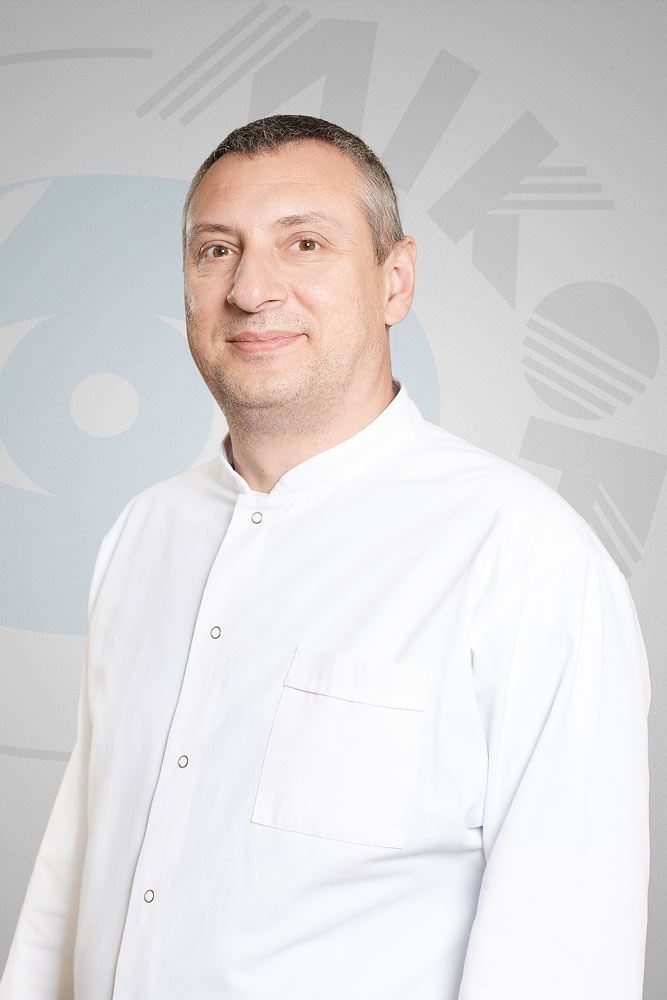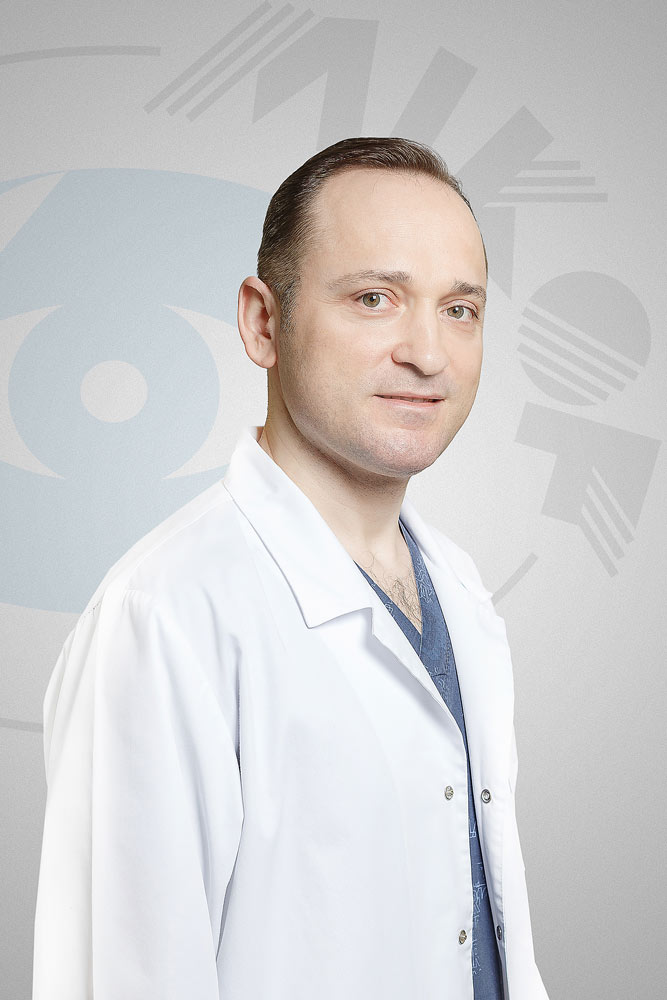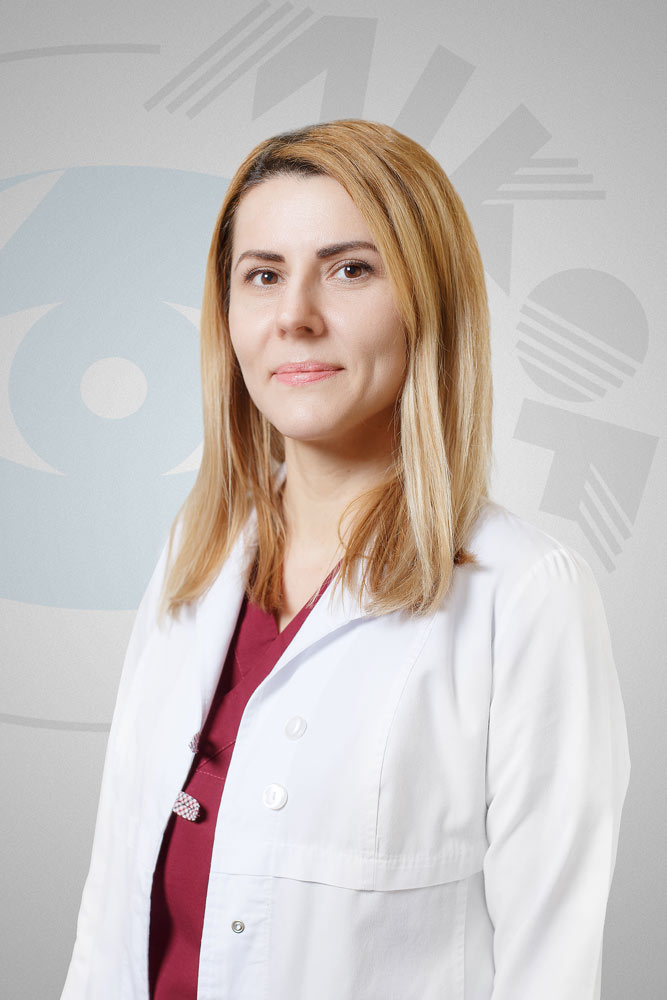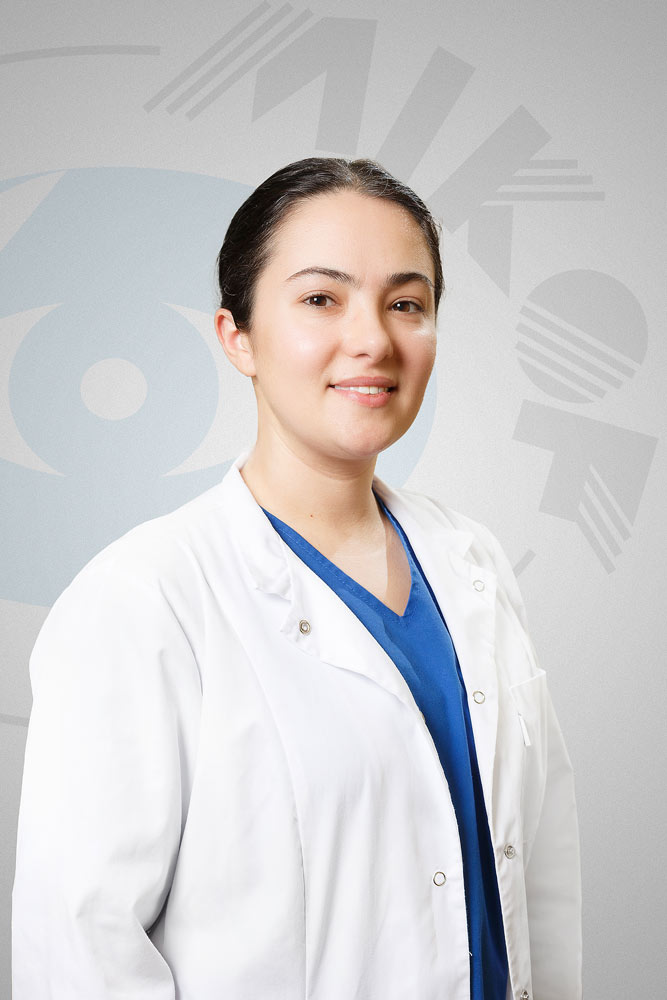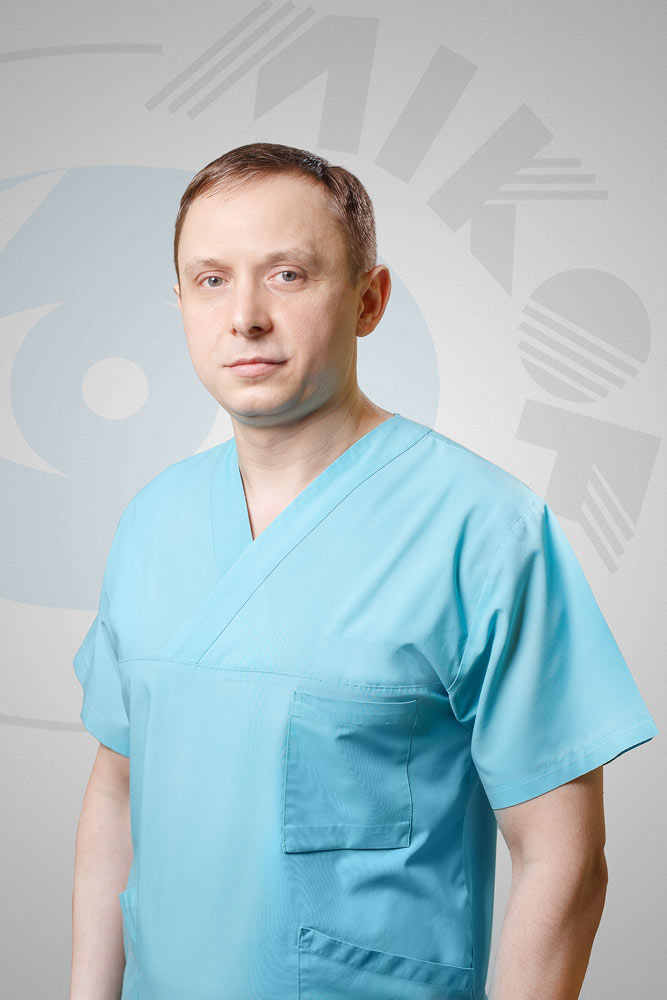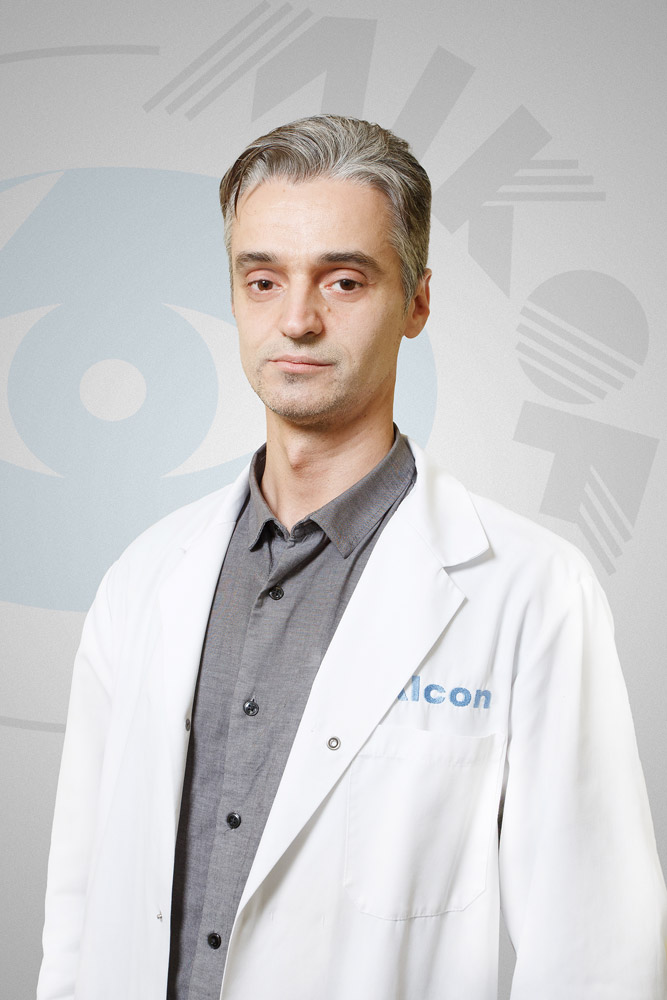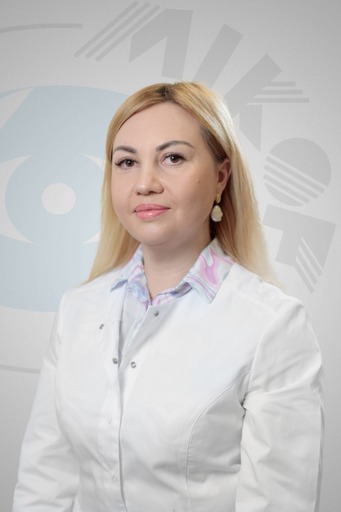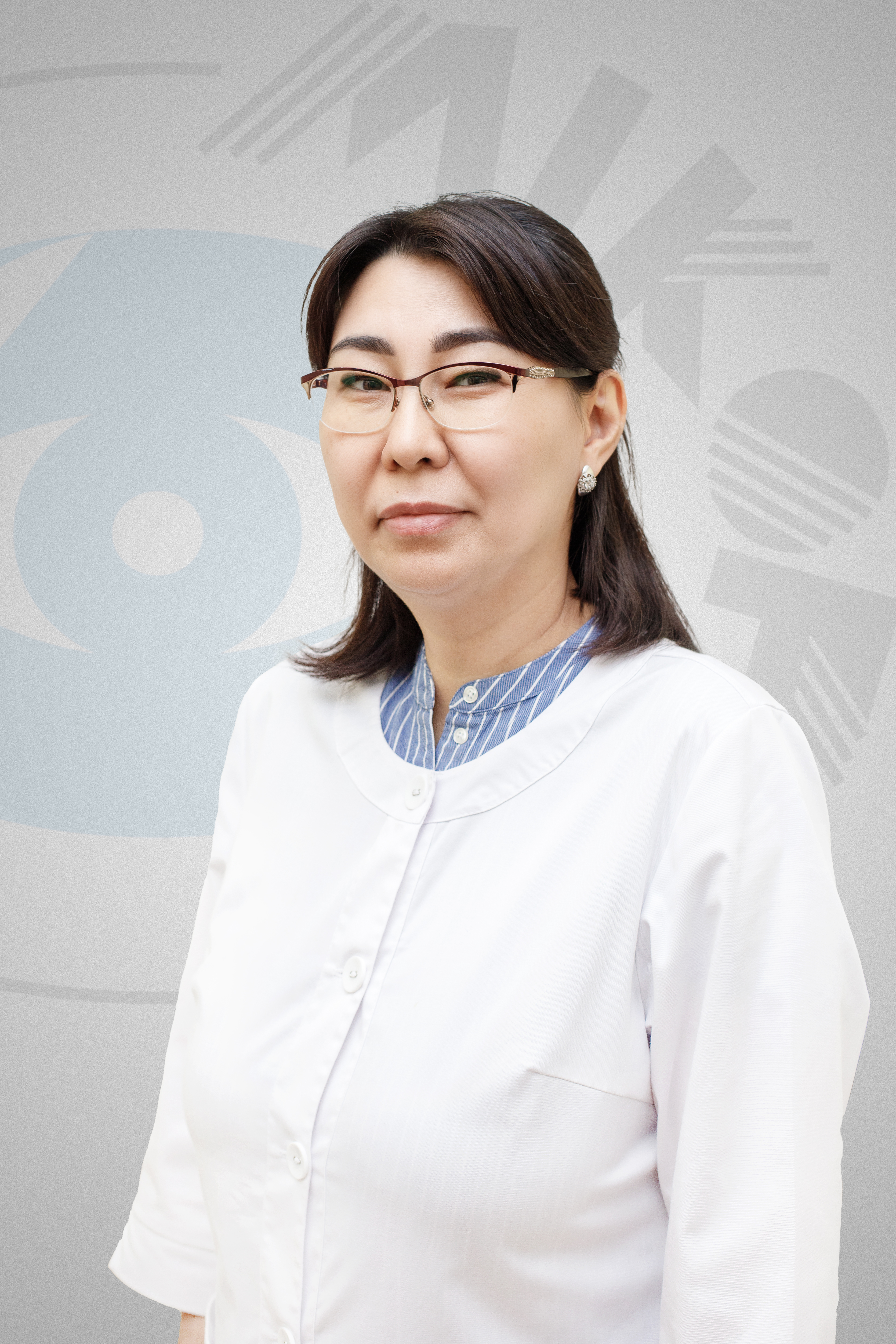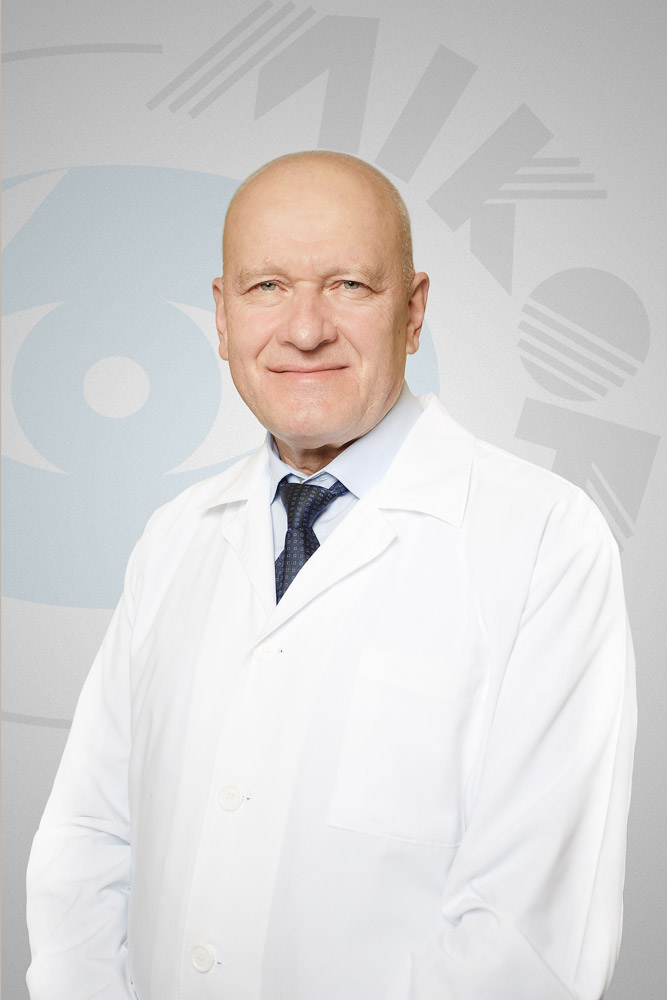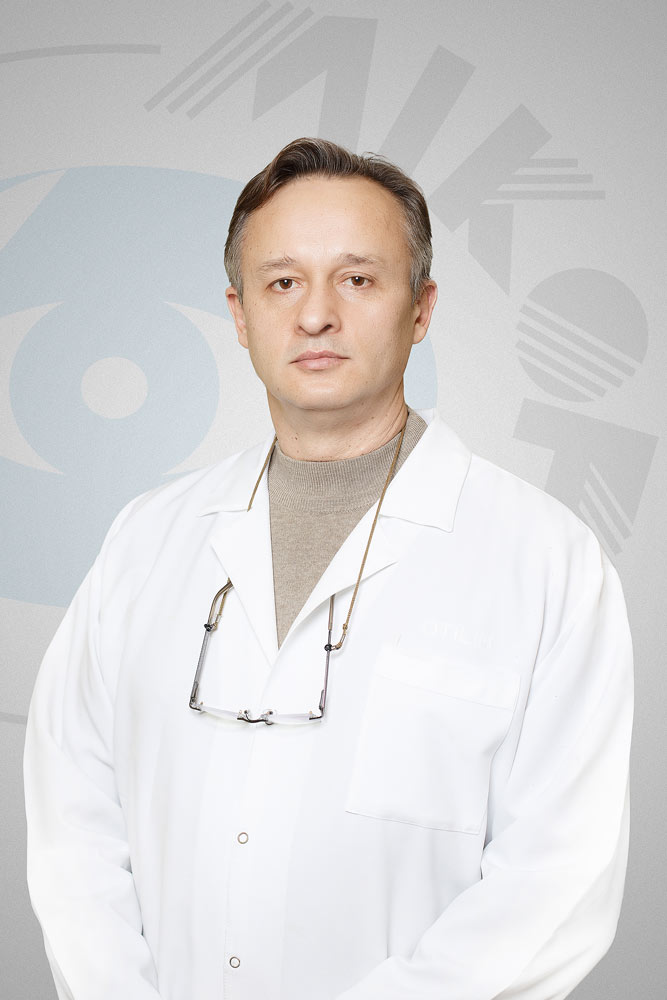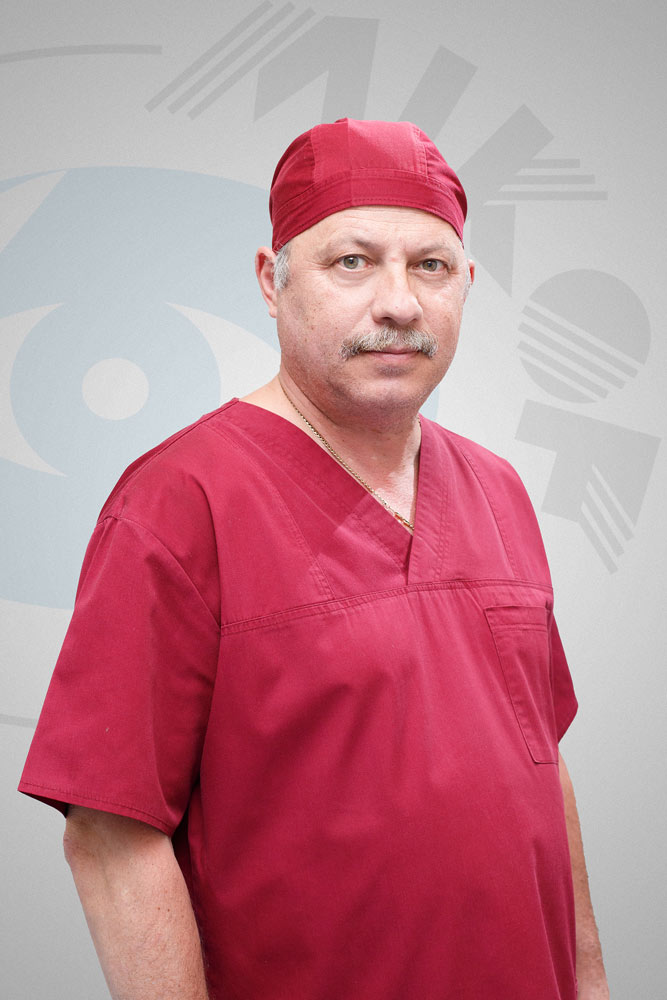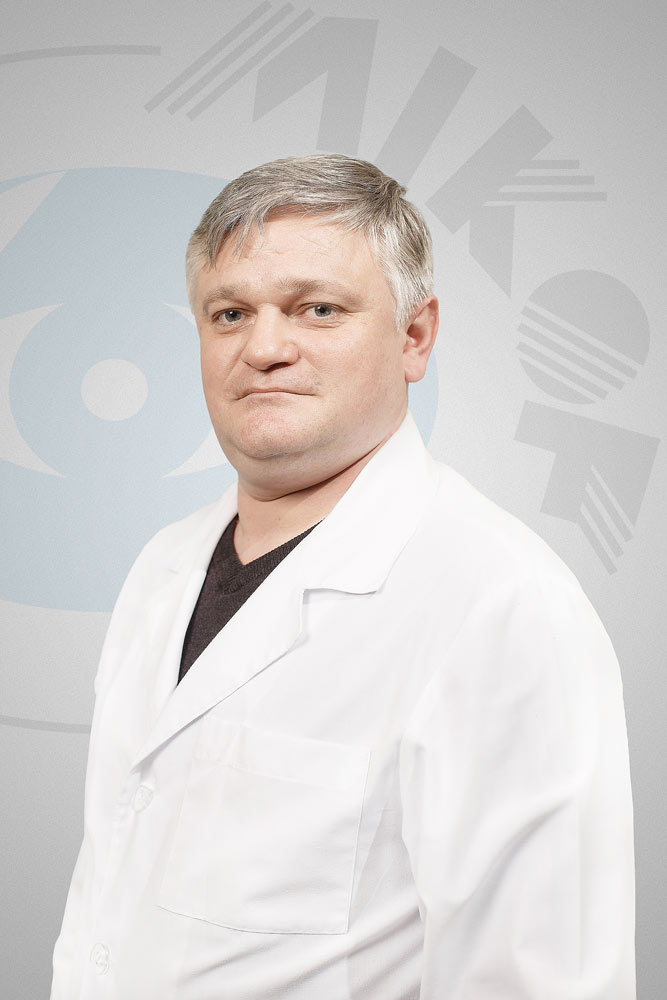New technologies for the most complex diagnoses in the Ophthalmological Center "Eye Microsurgery"
Vitreoretinal surgery (from lat. "Corpus vitreum" - the vitreous body, "retina" - the retina) is one of the most modern and complex areas in ophthalmology. And, according to experts, every year approximately two thousand residents of Moldova need such operations due to retinal detachment or vitreous hemorrhage. Other indications for such surgeries are macular tears, diabetic retinopathy, and vitreous lesions of various etiologies.
Today, vitreoretinal surgery is considered the crown of ophthalmology, combining not only technological advances in the production of specialized equipment, but also the highest degree of training for surgeons and assistants. This level of requirements cannot be overestimated, since working with the retina and vitreous body requires jewelry accuracy.
For this reason, only technically equipped medical centers, in which they are confident in the training of their surgeons, decide to provide such a medical service. Basic operations from the sphere of vitreoretinal surgery were carried out by doctors of the Chisinau Eye Microsurgery Center for more than five years, but recently they have been brought to a new level of development.
“We purchased the latest Constonation surgical harvester from Alcon, an American company, and the latest-generation microscope from the Swiss manufacturer Haag-Streit Surgical, designed specifically for vitreoretinal surgery, and our doctors completed three years of training in the Russian clinic named after Svyatoslav Fedorov,” says the director of the Eye Microsurgery Center »Gennady Tanurkov. According to him, a combination of “modern equipment-high-class specialists” allows the clinic to carry out vitreoretinal operations at the highest level.
Such surgical interventions last from 40 minutes to 2 hours. They are performed under local or combined anesthesia, using perfect and gentle methods. Among them are seamless surgical procedures and self-sealing accesses. Doctors use the finest medical instruments, which allow you to make up to 10 thousand slices per minute, and the postoperative period is under the close supervision of medical staff.
Vitreoretinal surgery is high-tech, delicate and well tolerated by patients of all age groups. A temporary contraindication to such operations may be a severe general somatic condition of the patient.
On average, one to three months are needed to restore disability after vitreoretinal surgery.

